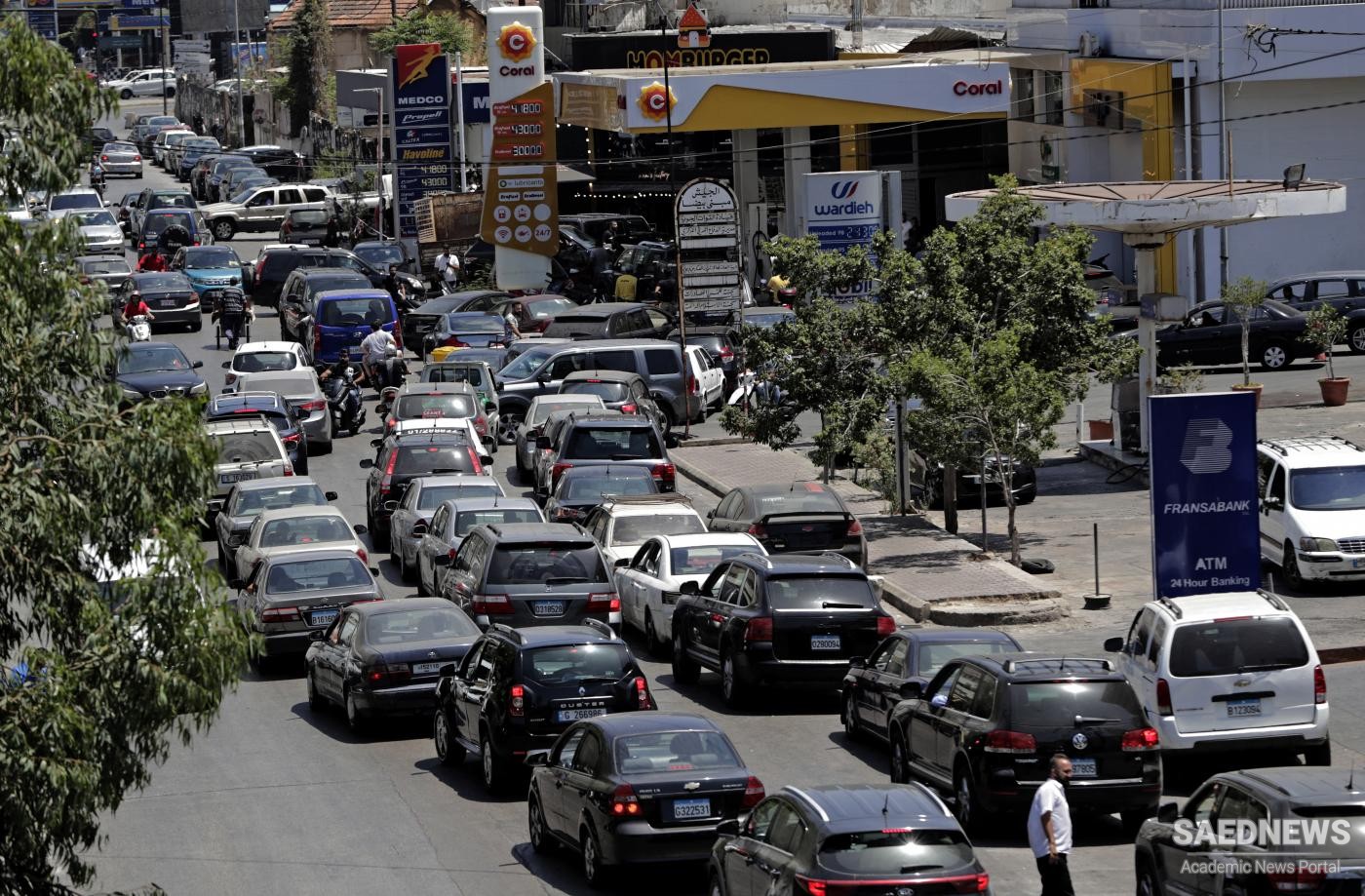Tehran, SAEDNEWS: “The US is not in a position to block legitimate trade. We are very serious about exercising our sovereignty and everyone should know that legitimate trade in this sphere is one of the basic principles of international law,” Khatibzadeh said during a virtual press conference on Monday.
Two weeks ago, Sayyed Hassan Nasrallah, the secretary general of Lebanon’s Hezbollah resistance, announced that a ship carrying Iranian fuel was about to set sail for Lebanon, warning that the vessel and the tankers subsequently carrying Iranian fuel would be regarded as “Lebanese territory”.
Just a few hours after Nasrallah’s announcement, US Ambassador to Lebanon Dorothy Shea claimed that the Biden administration would help Lebanon get Egyptian gas.
The Hezbollah leader later said the first tanker was already on its way to Lebanon, promising that more ships would follow despite US opposition, and deriding Shea’s plan as an act of “selling illusions to the Lebanese.”
During his press conference last week, Khatibzadeh voiced Iran’s readiness to sell fuel to the Lebanese government in addition to the country's businessmen.
The sales will continue as long as Iran has a customer in Lebanon and there is demand for fuel there, he said.
Making a reference to plans to provide Lebanon with fuel from other countries, the Iranian spokesman said other producers should not hesitate if they can alleviate the suffering of the Lebanese people.
“Neither the US nor any other country is above law to stop the legitimate trade” between Iran and Lebanon, he reiterated, adding that the sale is a decision made by the Iranian establishment.
Fuel shortages have hit factories and businesses across Lebanon, threatening to halt transportation and other vital sectors in the Arab country, which is already struggling with its worst economic crisis.
The plan to send Iranian fuel to Lebanon is seen as a watershed in breaking US sanctions, which have targeted both countries.
Khatibzadeh said the Lebanese are an affluent people and do not need donations from others, adding "some countries should stop politicizing the issues and allow the Lebanese people to meet their needs".
‘Tehran never withheld friendly hand from Riyadh’
Elsewhere during his presser, Khatibzadeh was asked whether negotiations between Tehran and Riyadh held in the Iraqi capital, Baghdad, had reached an impasse, to which he responded in the negative and explained that “there is no deadlock that cannot be broken between the two great countries.”
“It only requires political will and action in both capitals,” he said.
“Saudi Arabia is our neighbor in this region. [Iran] and Saudi Arabia have a lot in common for [achieving] peace and stability in the region. Iran has never withheld its friendly hand from Riyadh,” he added.
The spokesman further said whenever Riyadh showed a willingness to act on the basis of the established regional mechanism, Iran welcomed it.
Baghdad has been hosting talks between the two regional heavyweights in recent months on mending ties severed in 2016.
Late in April, Tehran welcomed “a change in Saudi Arabia’s tone” towards the Islamic Republic, as observed in Saudi Crown Prince Mohammed bin Salman’s earlier interview, during which he said he wanted to have a “good and distinguished relationship” with Iran, striking a different note from Riyadh’s usual demonization of Tehran.
Iran’s new President Ebrahim Raeisi has made dialogue with neighbors one of his administration’s priorities and said Tehran believes that there is no obstacle to reopening embassies in Tehran and Riyadh.
On Saturday, Iraq hosted the Baghdad International Conference “For Cooperation and Participation” with the objective of easing tensions between Iran and Saudi Arabia.
Khatibzadeh thanked Iraq’s constructive role, noting that three rounds of talks have been held between Riyadh and Tehran, which could continue if needed.
He also said no new talks were held between Iran and Saudi Arabia on the sidelines of the Saturday conference attended by both sides’ foreign ministers (Source: PRESSTV).


 US, Israel fazed by Iran's fuel aid shipments to Lebanon: Nasrallah
US, Israel fazed by Iran's fuel aid shipments to Lebanon: Nasrallah














































